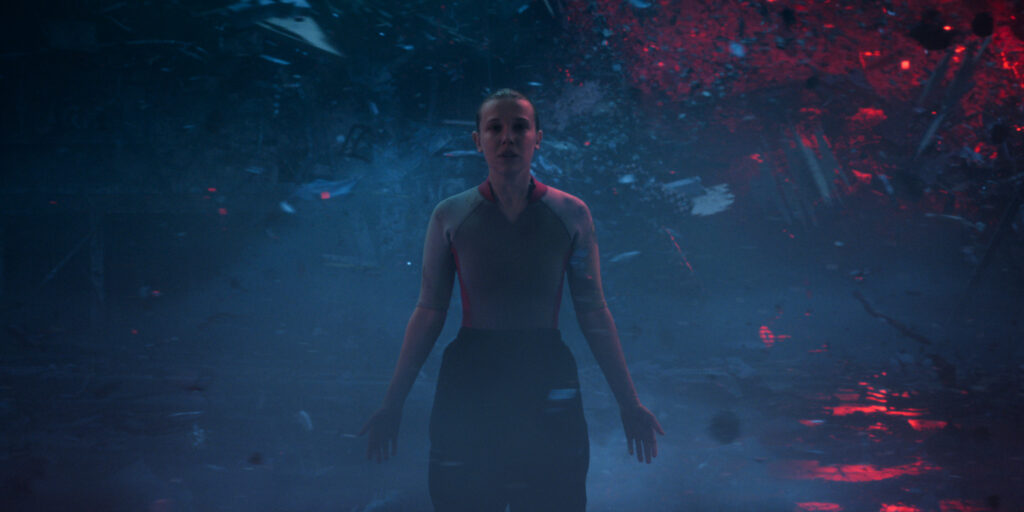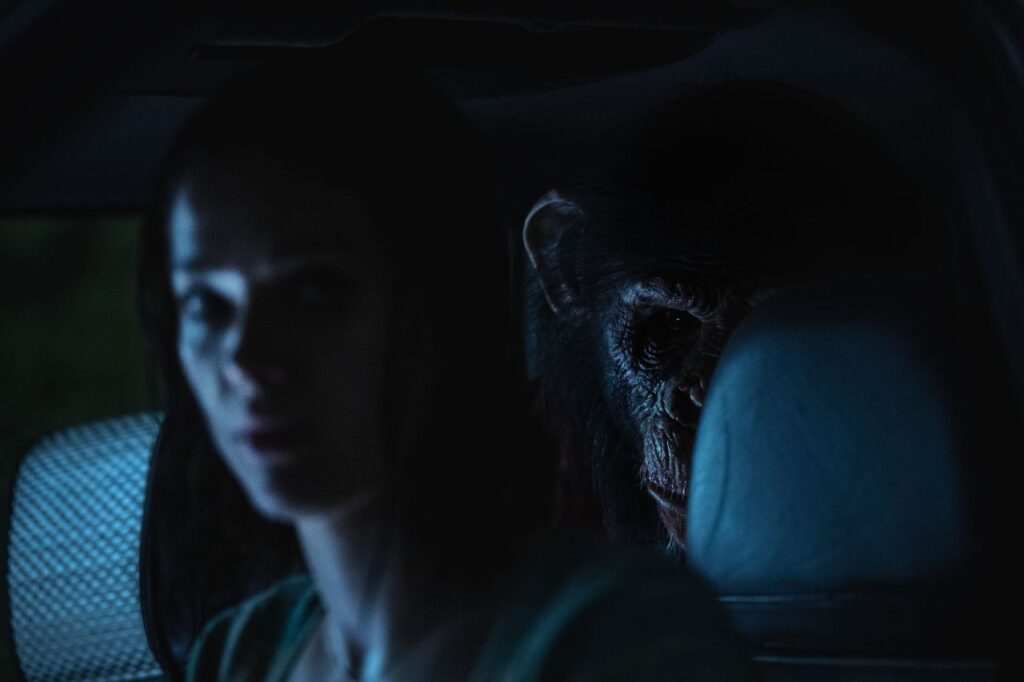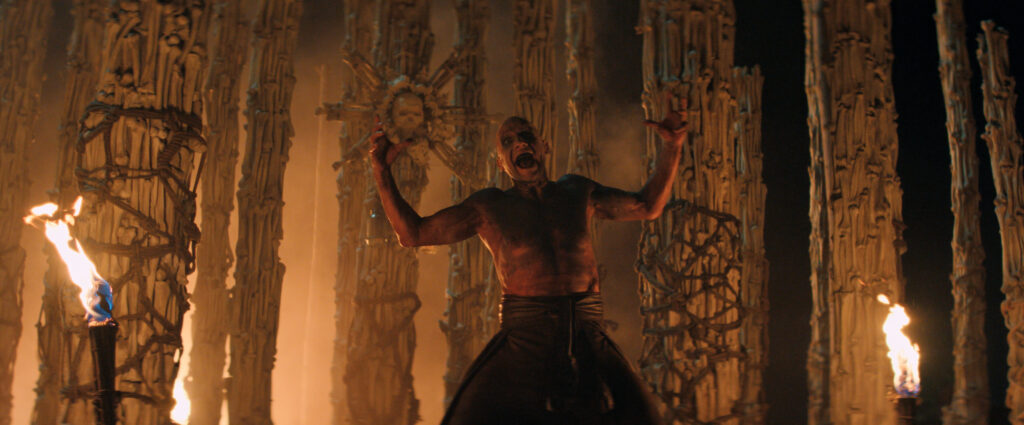When it comes to cult classics, Tron stands out as one of the few Disney franchises to truly earn that label. First launched in 1982, the original Tron was a visual marvel ahead of its time. Despite mixed reviews, it gained a loyal following that only grew with the 2010 sequel, Tron: Legacy. Both films have since been appreciated more in hindsight for their bold aesthetics, ambitious concepts, and unique place in science fiction cinema. So when Disney officially announced the third instalment, Tron: Ares, many fans were caught off guard, especially given the studio’s recent focus on safer bets, such as live-action remakes of its animated classics, rather than reviving dormant original franchises.

With both previous Tron films being notably prophetic in their outlook on technology, Tron: Ares positions itself to comment on the current digital landscape more directly than ever. Jared Leto stars as the titular character, a sentient programme created with the ability to cross into the human world. This immediately raises questions about the boundaries between artificial and organic consciousness. Exploring themes of machine learning, identity, and the ethics of artificial intelligence, Ares taps into narrative territory reminiscent of recent science fiction epics like Blade Runner 2049. That said, these philosophical threads are not entirely new to the franchise. Many of them were already seeded in 2010’s Tron: Legacy, particularly through the character of Quorra and the concept of isomorphic algorithms.
Continuing its tradition of spiritual and philosophical allegory, Tron: Ares delves into familiar thematic territory, exploring concepts of destiny, free will, and the nature of existence. While it might be easy to dismiss Jared Leto’s often impassive expression as wooden, there are subtle moments of vulnerability and humanity that surface. This is thanks in part to a script that prioritises character development, and to Leto’s restrained yet empathetic performance. These kinds of cerebral undertakings can sometimes push a film into overly self-serious or pretentious territory. However, Ares largely avoids that pitfall by grounding its narrative in the emotional arcs of its characters rather than becoming lost in abstract ideas.

If Daft Punk distinctively defined the soundscape of Tron: Legacy, then Tron: Ares finds its sonic counterpart in Nine Inch Nails, who bring an equally intense energy to the franchise’s third chapter. With a runtime of 119 minutes, audiences would be hard-pressed to find a moment where the score does not rise to meet the high bar set by the French electronic duo. As expected from a Tron film, Ares dazzles visually. However, it’s the soundtrack that injects the experience with a raw, pulsing adrenaline that sustains the film until the credits roll. Even in its quieter, more emotional moments, the music remains impactful, highlighting the band’s range and proving their versatility in a cinematic context.
The score works in favour of the film’s pacing, which is relentless. Characters are constantly on the move, giving Tron: Ares a welcome sense of urgency and momentum. However, this is also where some of the film’s flaws begin to show. Despite its nearly two-hour runtime, Ares rarely pauses long enough to deeply explore its characters or their motivations. This is most evident in Greta Lee’s Eve Kim, who essentially steps into the central role previously held by Sam Flynn in Legacy. While Lee delivers a solid performance, her character lacks the depth and distinction needed to leave a lasting impression, especially when compared to the philosophical weight and charisma Jeff Bridges brought to Kevin Flynn in the original film.

Rather than serving as a direct continuation of Tron: Legacy, Tron: Ares operates more as an offshoot — an adjacent story that functions best as a companion piece to its two predecessors. With strong performances (Evan Peters’ Julian Dillinger is a particular highlight), dazzling visual effects, and a thunderous soundtrack from Nine Inch Nails, Ares is sure to satisfy long-time fans of the franchise, even if some plot inconsistencies and underdeveloped character arcs hold it back from true greatness. Most importantly, the film introduces a host of intriguing narrative threads that leave the door wide open for future exploration. Hopefully, we will not have to wait another 15 years to see where the Grid takes us next.






